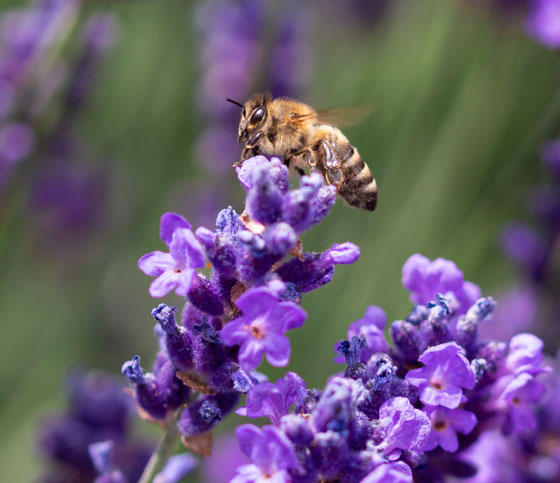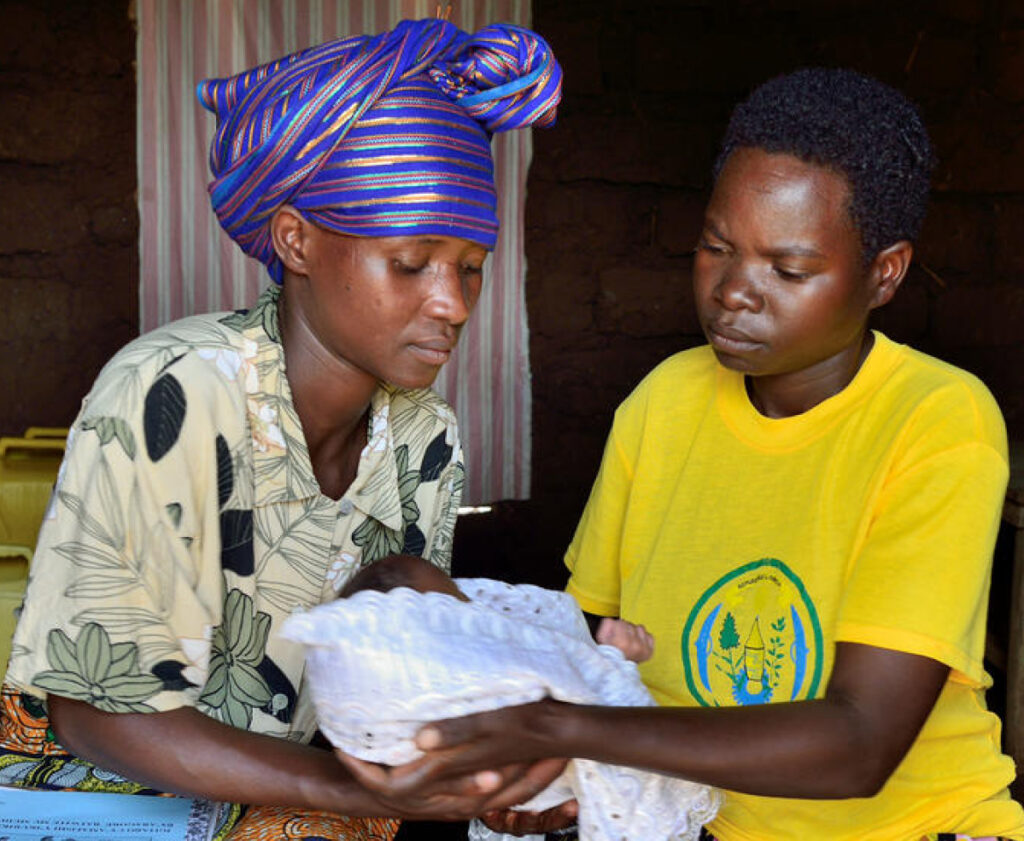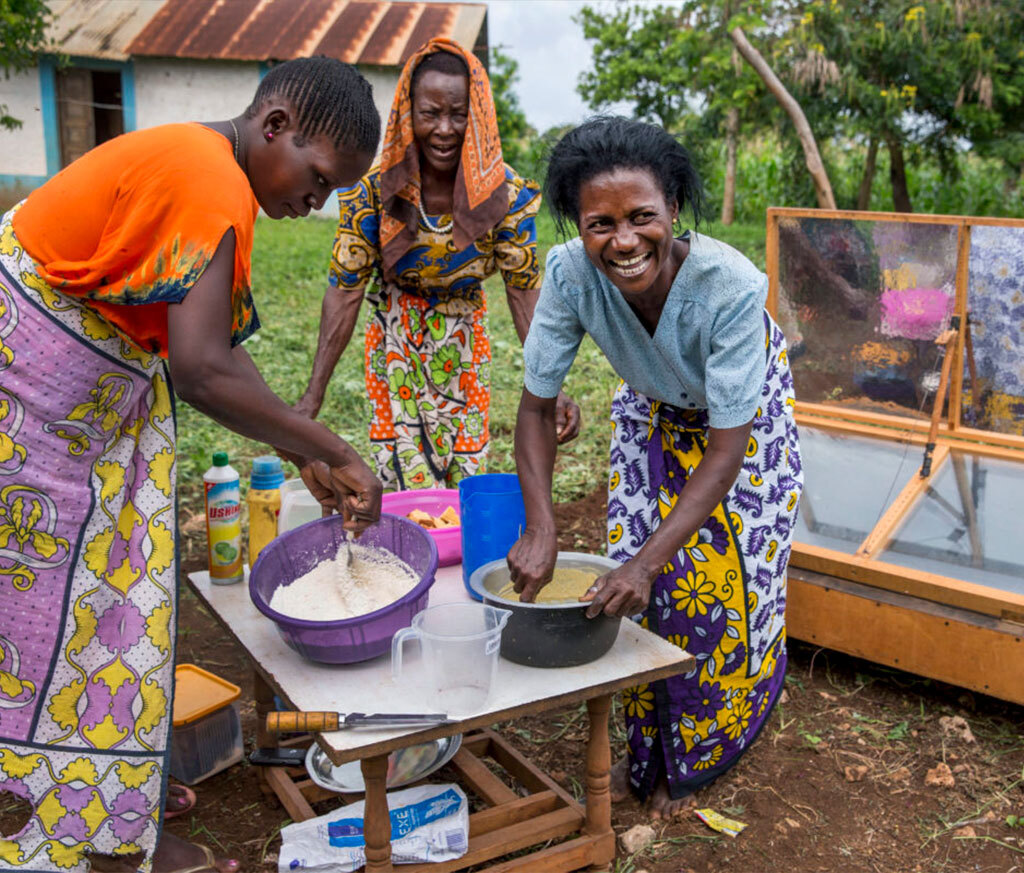Today, our global food system cannot be de-linked from climate sustainability – the food system is the biggest single contributor to greenhouse gases¹. At the same time, over 50% of all habitable land is used for food production – a figure which is already beyond the threshold of what scientists have recommended for planetary health.

I want you to act as if the house is on fire, because it is.”
— Greta Thunberg
The climate crisis is causing food insecurity, hunger, and malnutrition for millions of people with women and girls being disproportionately affected.
We are witnessing the impacts of climate change in the depletion of soil quality, affecting the nutritional value of many crops, alongside the reoccurrence of extreme weather devasting farms and livelihoods, and the overfishing of the world’s oceans. Around the world, women and children are increasingly becoming climate refugees due to drought or extreme weather events.
At FHI Solutions, we are working to innovate climate smart solutions across national systems with a focus on achieving gender equity.
Climate patterns have a cascade effect on the food system, decreasing yields, impacting food distribution, and changing household purchasing, all of which, in turn, impact food prices, farm income, and reduce a country’s exports. Consequently, inflation, rural outmigration, and increased economic pressure combine to threaten food security.


The climate crisis is affecting the African continent, which is ironic given that Africa is the lowest emitter of carbon dioxide emissions of all continents, except for Antarctica… Many Africans are losing their lives, while countless more are losing their livelihoods.”
— Vanessa Nakate, youth climate activist and founder of the Rise Up movement
2013 Todd Shapera, Courtesy of Photoshare
Across FHI Solutions, we strive to ensure that indigenous knowledge is respected and an integral part of sustainable innovations.
It is not only in Africa that women and girls continue to be most impacted by climate disruptions to the food system. Around the world, female farmers and entrepreneurs have inequitable access to credit, insurance, training, technology, information, and markets, which makes them more susceptible to changing environmental patterns.
Many women farmers use traditional methods – indigenous knowledge has the potential to be a guiding force in our global response to the climate crisis. Today, global trends, geo-politics, and some forms of globalization are threatening its survival.
We are also committed to measuring and understanding people’s diets to protect biodiversity and ensure greater sustainability in food supply chains. Through Intake, we are developing a Climate Sensitive Diet App to report on the environmental impact of diets by tracking four indicators of planetary health: greenhouse gas emissions, land use, eutrophication potential, and water use, based on Life Cycle Assessment data.
Page references:
¹ Standing Together for Nutrition, 2021; A Resilient Future: Investing today to safeguard tomorrow; See PDF.


